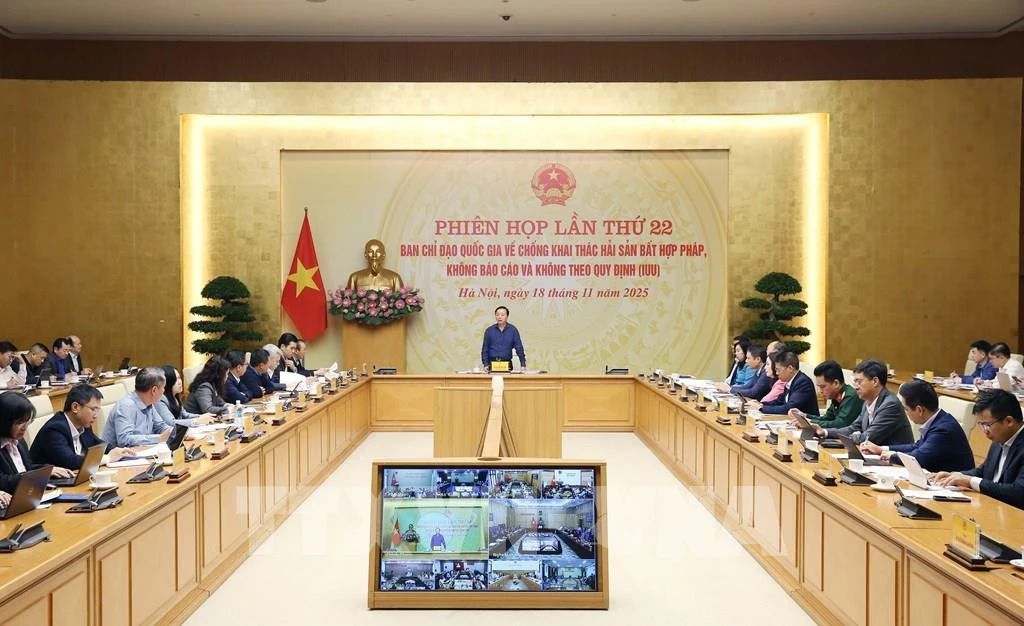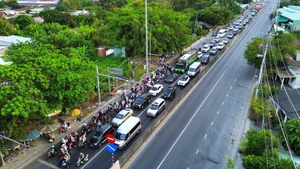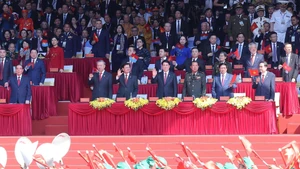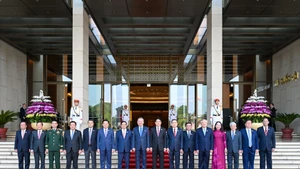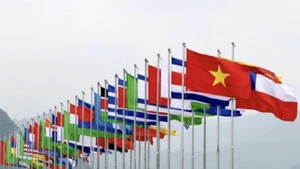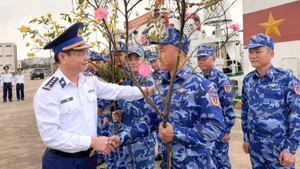Presiding over the 22nd meeting of the national steering committee on IUU fishing prevention on November 18, the Deputy PM, who is also deputy head of the committee, requested the MAE to revise regulations on the decentralised management of fishing vessels measuring 24 m or more, from central to local levels, particularly in terms of administrative sanctioning authority and data monitoring and management.
He demanded the prompt completion, before December 31, of a unified, interconnected and shared national fisheries database system, ensuring data that is “accurate, sufficient, clean and live,” and fully meets the requirements of management operations, traceability and vessel monitoring. The system must also feature clear decentralisation to allow all stakeholders, including fishermen, to access and declare information.
The Deputy PM tasked the Government Inspectorate with reviewing all legal instruments and administrative sanctioning mechanisms related to IUU fishing, selecting several localities for inspection and guidance, and ensuring all outstanding violations are fully handled.
Localities were instructed to review their fishing fleets so that each vessel has a complete data profile; verify vessel eligibility, revoke expired or non-compliant licences, and roll out support measures for fishermen.
Provinces and cities were instructed to collaborate with the Ministry of National Defence and the Border Guard Command to identify suitable fishing ports to automate the registration and certification of the origin of caught seafood.
In the longer term, localities should assess options for fishermen’s livelihood transition and develop sustainable fisheries policies aligned with natural resource capacity, while promoting high-tech offshore aquaculture and cooperation in fishing in international waters.
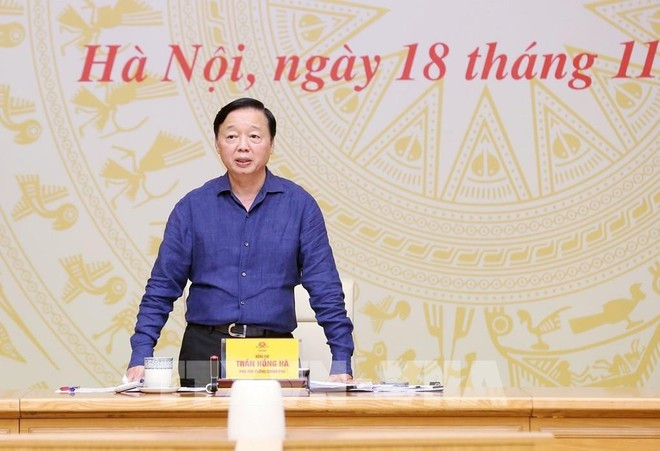
According to the MAE, as of November 15, a total of 79,360 fishing vessels nationwide had been registered and updated in the national fisheries database (VNFishbase), reaching 100%. The number of licensed vessels stands at 76,811. Vessels found ineligible for operation have been placed under local supervision, with commune- and ward-level authorities assigned to manage their mooring.
No cases of Vietnamese vessels violating foreign waters were recorded during the week. The Ministry of Public Security has launched criminal proceedings in three cases involving four defendants and brought five cases with 12 defendants to court. From early 2024 to November 15, 2025, police initiated 91 criminal cases related to IUU violations, prosecuting 136 defendants, and brought 48 cases involving 101 defendants to trial.
Between the 21st and 22nd meetings, competent forces detected and handled 62 vessels that lost their vessel monitoring system (VMS) signal or crossed permitted boundaries.
Of the 80 tasks assigned by the Prime Minister, ministries and sectors have completed 55 and are implementing the remainder, focusing on three groups of work: fisheries management and monitoring; international cooperation, diplomacy and timely communication with the European Commission and relevant countries; and ensuring information technology and telecommunications infrastructure, including weekly updates on VMS service subscribers.
Localities are continuing regular anti-IUU activities, including vessel management and certification, upgrading VMS equipment, supporting fishermen and improving infrastructure, and handling violations alongside routine reporting on high-risk vessels.
